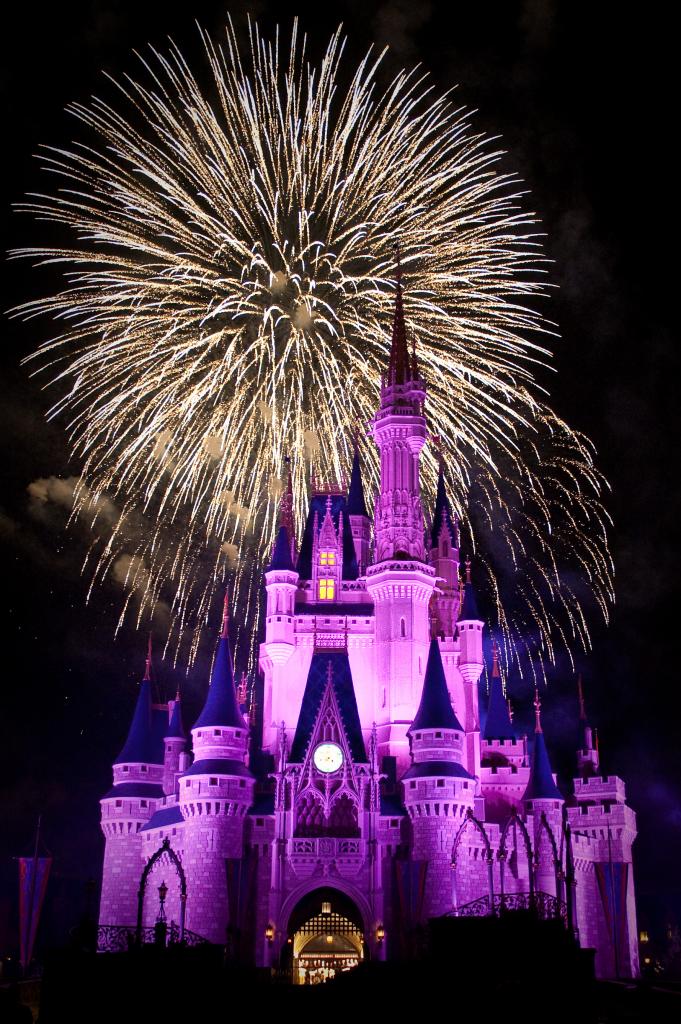
The evolution of the universe can be likened to a display of fireworks that has just ended: some few wisps, ashes and smoke. Standing on a well-chilled cinder, we see the fading of the suns, and try to recall the vanished brilliance of the origin of the worlds.
Father Georges Lemaître, the mathematician and physicist who first formulated the concept of the “Big Bang”[1]
[1] As quoted in Martin Rees, Before the Beginning (Reading, MA: Addison-Wesley, 1997), 47.
***
If the rate of expansion one second after the Big Bang had been smaller by even one part in a hundred thousand million million, it would have recollapsed before it reached its present size. On the other hand, if it had been greater by a part in a million, the universe would have expanded too rapidly for stars and planets to form.
Stephen Hawking
***
No one knows who wrote the laws of physics or where they come from. Science is based on testable, reproducible evidence, and so far we cannot test the universe before the Big Bang.
Michio Kaku
***
Humans are merely “computers made of meat,” there’s nothing particularly mysterious about consciousness or mind, we’re just around the corner from thinking robots who will be, in a sense, indistinguishable from people and will possibly deserve human rights . . . And so forth, on and on and on.
“An AI Thanksgiving Proclamation”
Well, maybe.
MIT Technology Review: “Progress in AI isn’t as Impressive as You Might Think: A new report gauges how far we’ve come, dampening ideas that machines are approaching human-type intelligence.”
***
The truth is out there:
“How Scientists’ Search for Aliens is Getting More Advanced than Ever”
***
Here’s a hopeful development:
***
Once again, though, it seems that there’s a lot that we don’t know, and that some of what we think we know may actually be wrong:
***
I’m not sure that this is entirely reliable, but it’s fun:
“Data from NASA’s Rover May Prove the Existence of Life on Mars”
Posted from Park City, Utah












